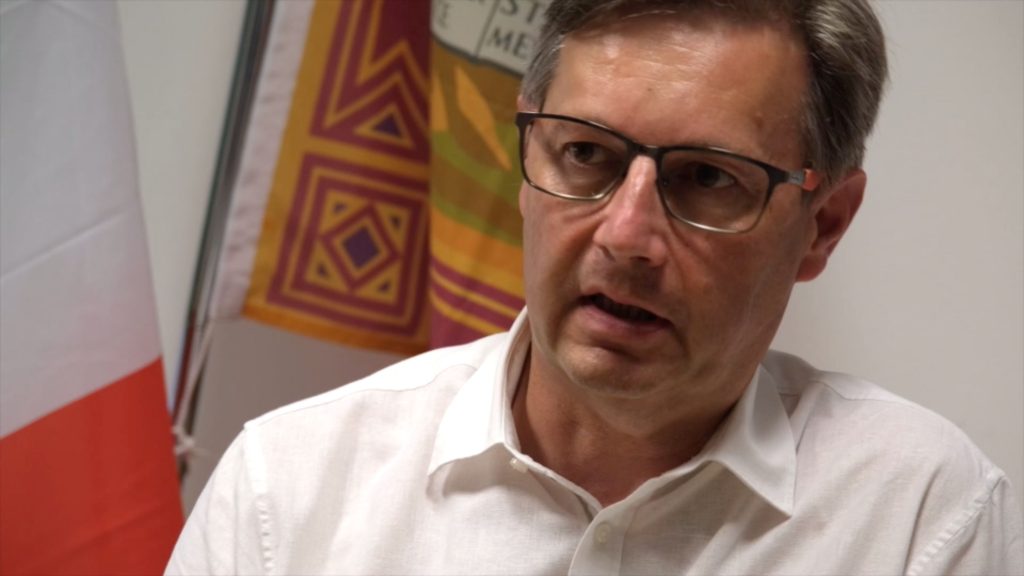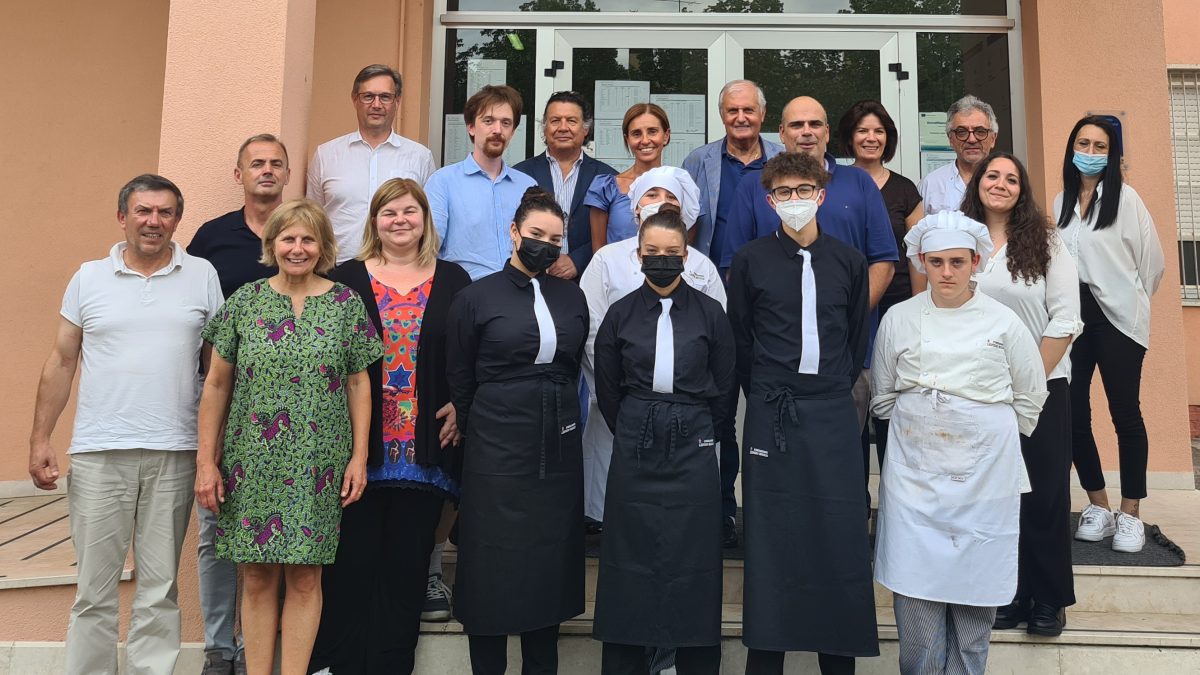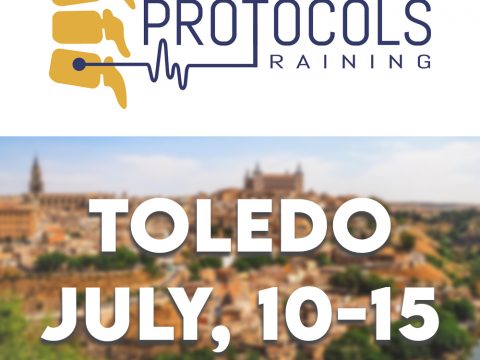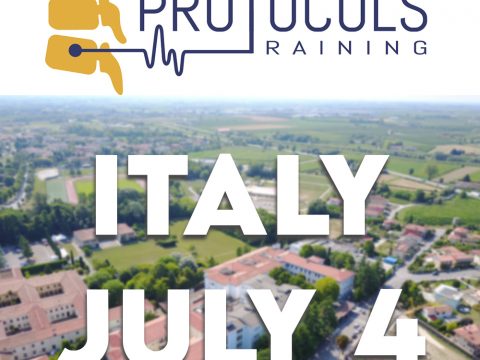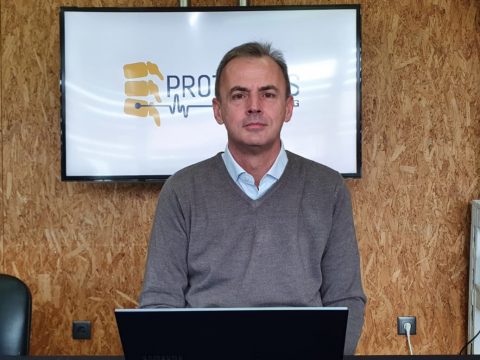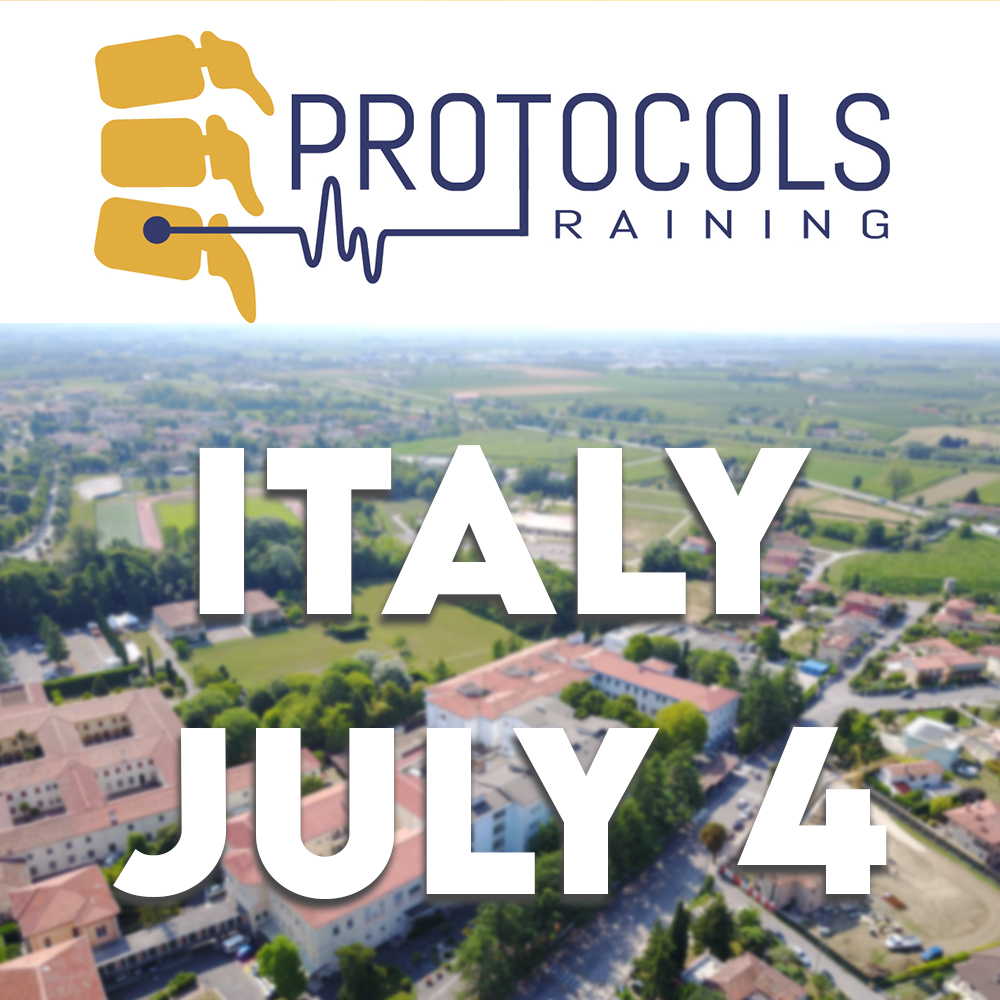
FOURTH TRANSNATIONAL MEETING
07/01/2022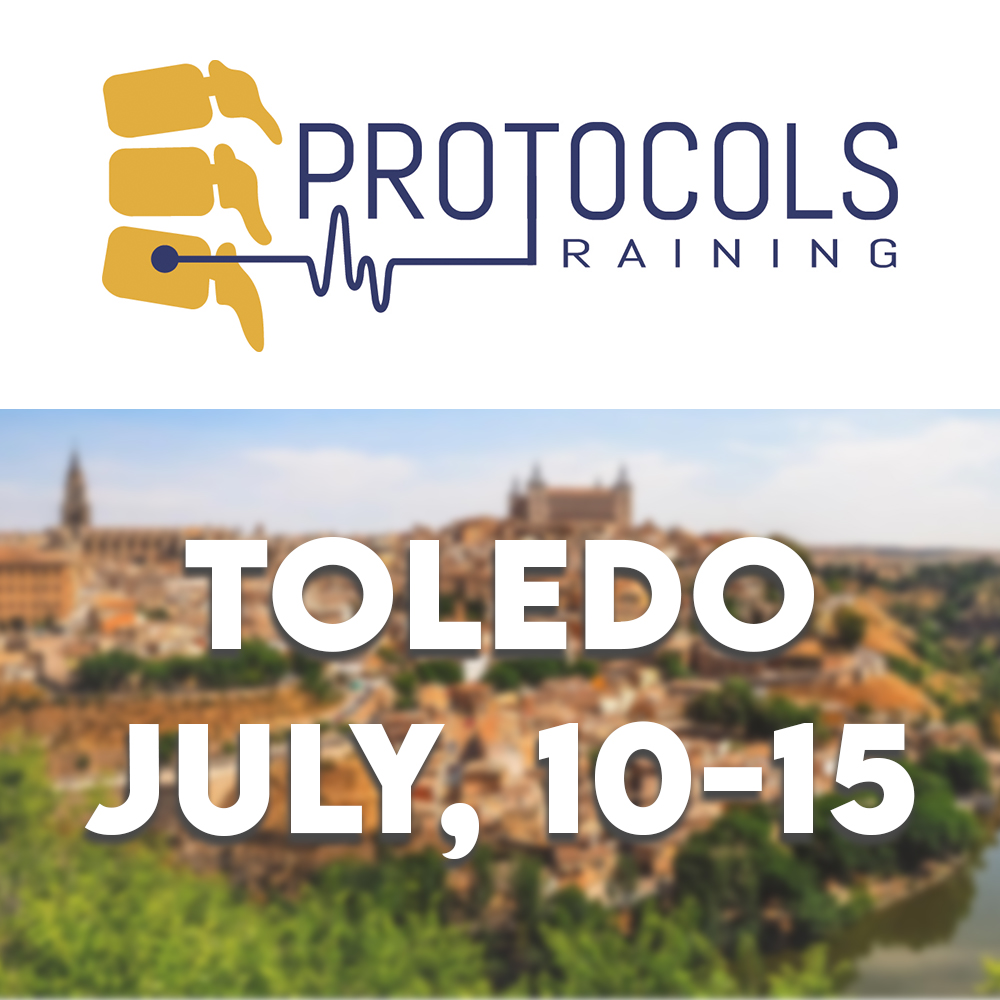
Toledo’s learning activities & Transnational Meeting
12/14/2023On July 4th the participants at the Protocols project met in Italy for the 4th transnational partners meeting.
All the partners of the Consortium were present at the event: dr. Antonio Oliviero for the Hospital Nacional de Paraplejicos in Toledo (Spain), dr. Matic Poropatic for the Ljubljana Technology Park (Slovenia), Ana Ribeiro for AEVA, dr. Alberto Visentin for the Lepido Rocco Foundation, and for ORAS Dr. Sabrina Matteazzi Project Manager, dr. Humberto Antonio Cerrel Bazo, Scientific Director, the researchers Dr. Sara Salizzato Psychologist, dr. Antonio Rizzetto physiotherapist and Paola Vedovelli responsible for the administrative management of the project.
The day, opened with the greetings of Prof. Paolo Pauletto, took place between the ORAS and the headquarters of the Lepido Rocco Foundation, giving the participants an opportunity to meet two important realities known internationally of Motta di Livenza’s area.
During the day the partners defined the structure of the training project in terms of objectives, definition of modules, duration and part of the contents.
Subsequently, the Technological Pole of Ljubljana presented the graphic project on the moodle platform used for the provision of the Protocols training course. Finally, the criteria for developing a European system for the identification and recognition of new skills required of telerehabilitation professionals were identified; the output is a contribution to the implementation of the European Credit System for Vocational Education and Training (ECVET) for the digitalization of the health system and the medical industry.
During the day, a space was also dedicated to dissemination activities.
Next meeting will take place in late October at the Hospital Nacional de Paraplejicos in Toledo in Spain, for the training.
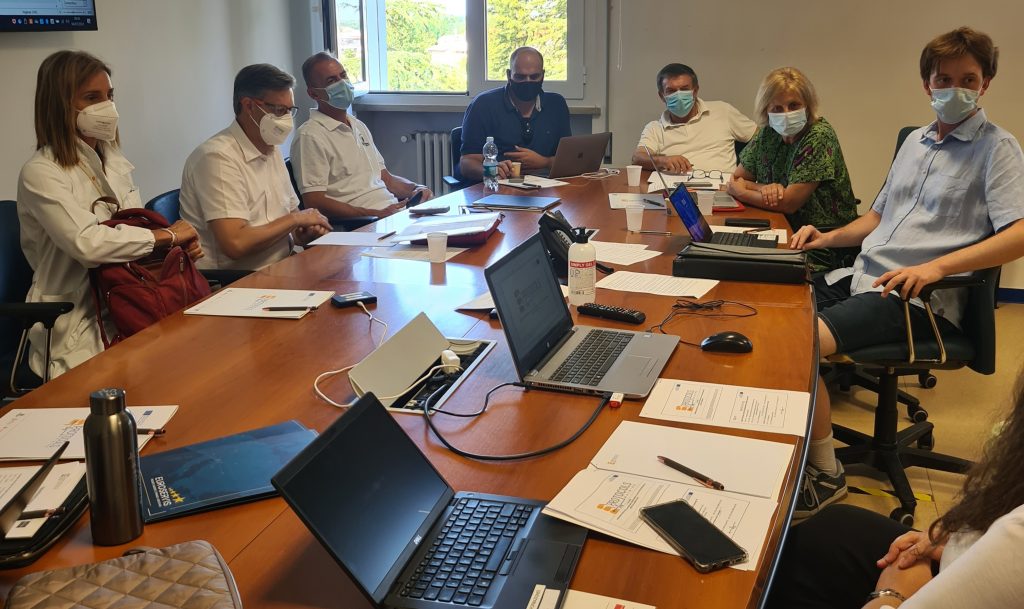
A FEW INTERVIEWS
Prof. Paolo Pauletto (ORAS board’s president), supported the central role of the Rehabilitation Hospital of Motta di Livenza in the recovery and treatment of disabilities due to spinal injuries and respiratory/cardiovascular complications in Veneto, recognizing the usefulness of international projects such as Protocols in improving performance and skills:
“Of course, being part of an international project also increases our skills. In particular, Protocols will help professionals who work in our field to give patients the opportunity to increase their quality of life. “
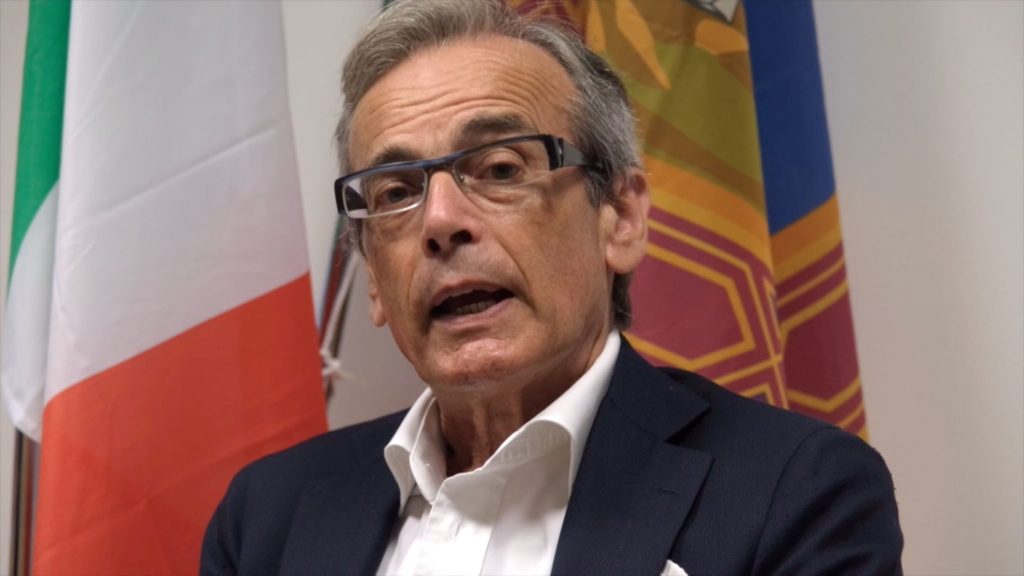
Dr. Antonio Oliviero, researcher at the Toledo Hospital Foundation, reflected on the increasingly important role played by telemedicine: “We must consider that in the future, the rehabilitative skills will increasingly need to establish practices that help patients in their homes, because the number of elder patients will grow up, and will be necessary find out different settings to be able to follow them outside the hospital. To ensure an efficient continuity, we must train professionals with common basis of tele-rehabilitation.”
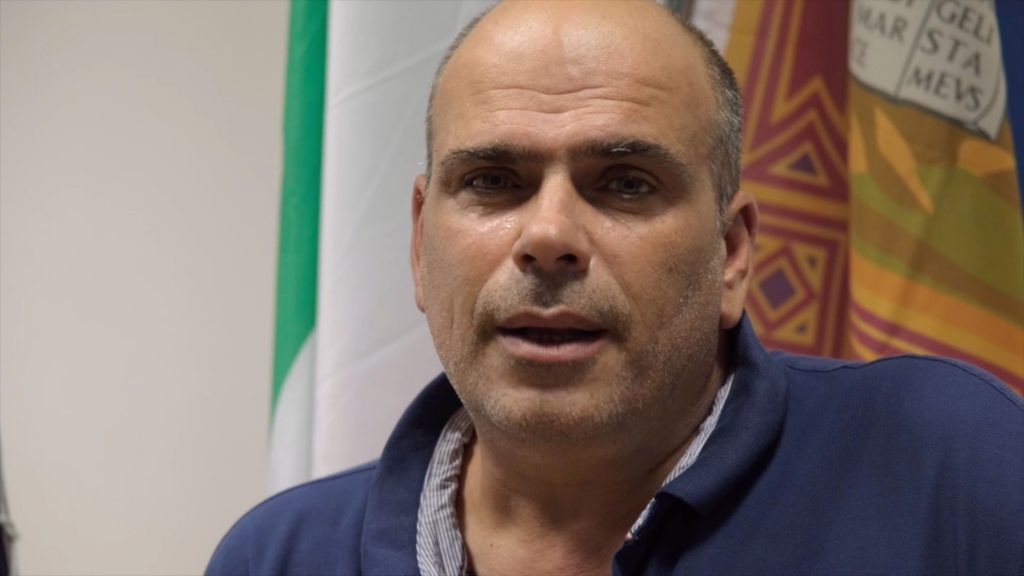
Dr. Sabrina Matteazzi, head of human resources at ORAS and researcher at Protocols, focused the birth of the project: “Protocols was born a few months before the pandemic emergency, when we were asked to present a project for Erasmus +. We focused on two purposes: first, to facilitate the patient’s reintegration into his family and social context following up the rehabilitation activities, and second, to reduce health care costs without compromising the effectiveness of the rehabilitation process.”
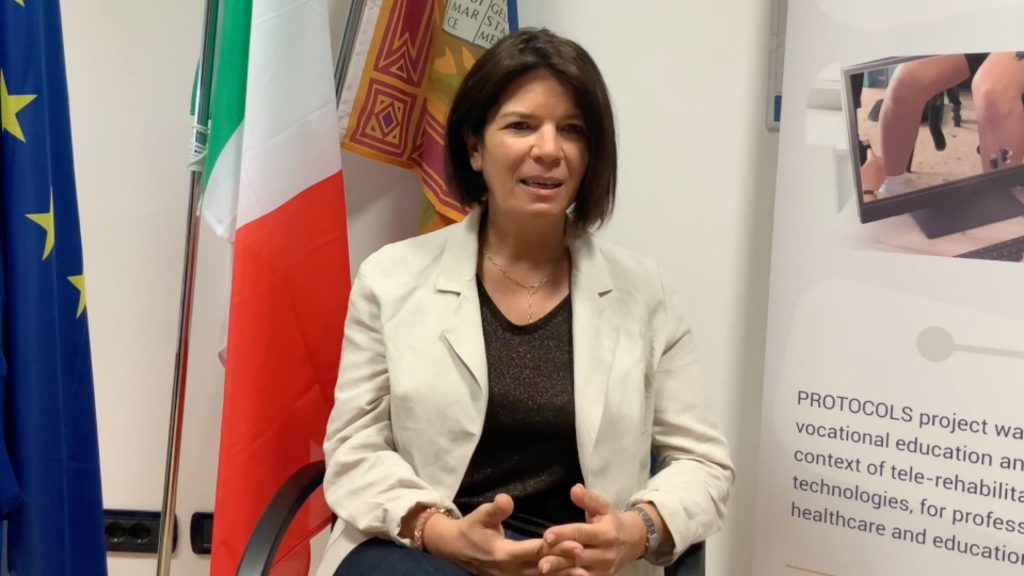
Dr. Humberto Cerrel Bazo, Head of Spinal Unit in ORAS and researcher of Protocols explained the advantages of the project: “Protocols will have many important advantages for patients once they are discharged from the hospital. This is because we will be able to monitor patients and their behavior in their environment, at home. Often, patients following hospitalization need time to settle into their new condition at home. In this way we will not lose the benefits of continuity, but we will allow patients to recover more quickly environmental behaviors that were once usual.”
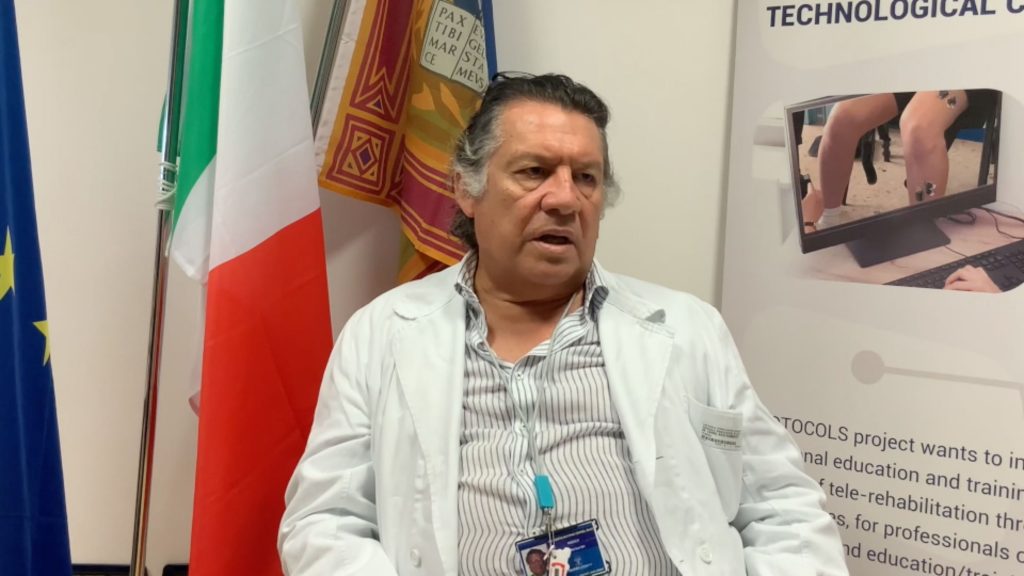
Dr. Matic Poropatič, project manager and researcher of the Ljubljana Technological Pole, spoke about the technological side of the project:
“Getting the right information right away can save lives in the medical field. That’s even more true after the pandemic emergency: technology can help people to connect each other and deliver fundamental informations for their well-being. The contact given by telemedicine is an essential tool, which however must find a way to be standardized and regulated both in technical learning and level of use. “
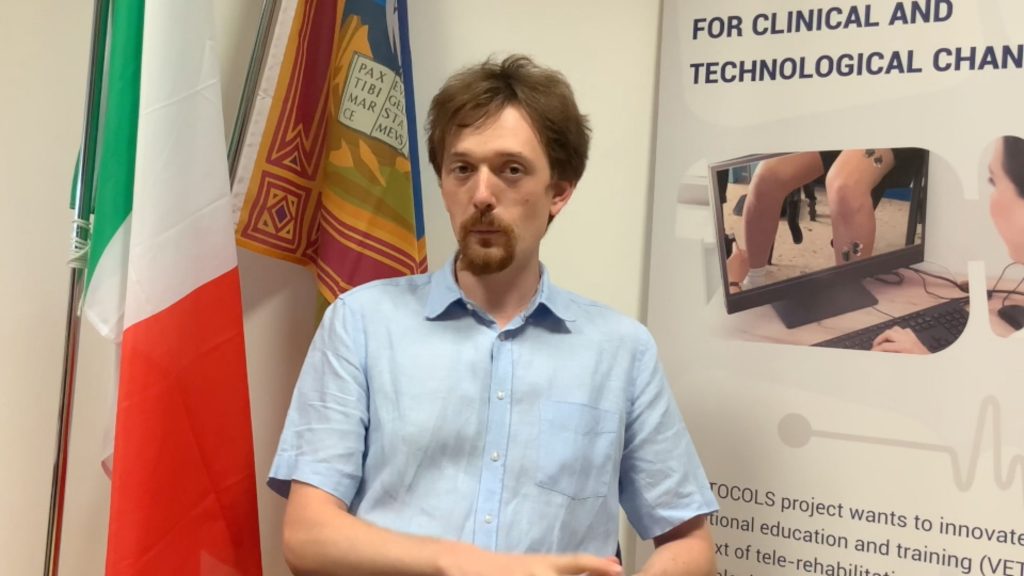
Dr. Antonio Rizzetto, Coordinator of the physiotherapists and occupational therapists in ORAS and Protocols Researcher, focused on the prospects of healthcare facilities: “The patients average age is increasing, and so does the need for care of those who have developed chronic diseases. The health system will hardly adapt to this type of request, which is why telerehabilitation will be so important in the future. Protocols will allow rehabilitation technicians to learn how to do it remotely “
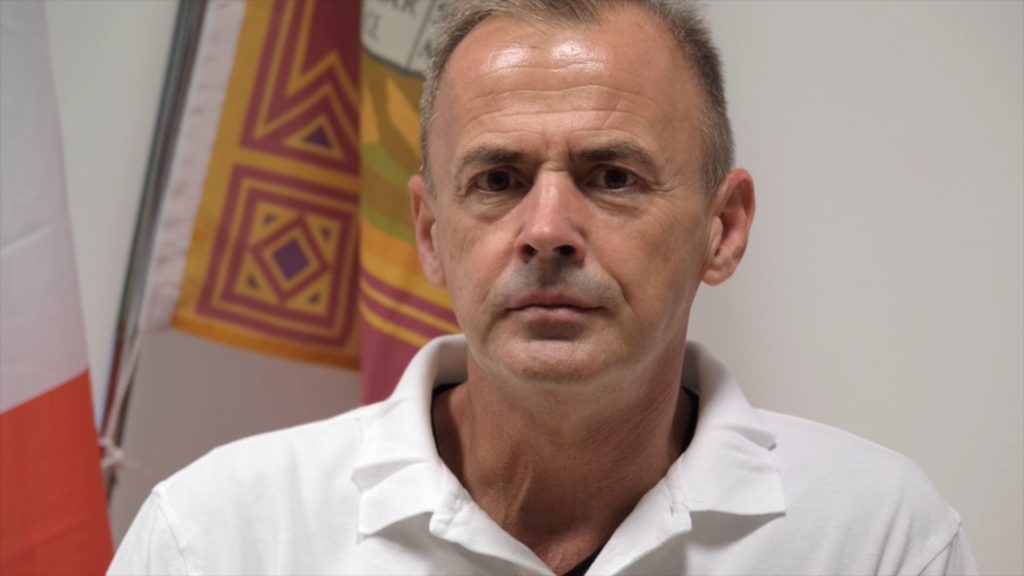
Dr. Sara Salizzato, ORAS Psychological Team Coordinator and Protocols Researcher, focuses on the psychological field: “We have to ask ourselves who is the person behind the screen: usually patients who participate in telerehabilitation programs for a spinal injury are in clinical stability, but the telerehabilitator will also have to deal with the patients’ capability to adapt to the new condition, facing possible depressive, anxiogenic or cognitive disorders.”
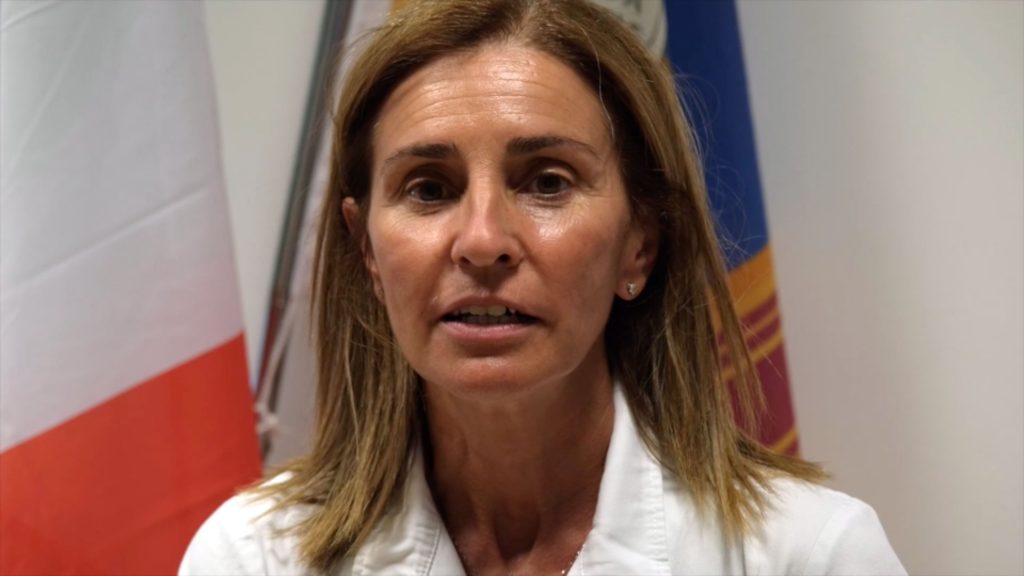
Dr. Ana Ribeiro, coordinator of the projects of AeVa, Vet School of Aveiro, and Protocols researcher, spoke of the training aspect of the project: “As a Vet School we are very interested in understanding which milestones this market of excellence needs for the training aspects . Our main goal is to qualify telerehabilitators, working on the common needs of rehabilitation hospitals and companies that will have access to this kind of rehabilitation.”
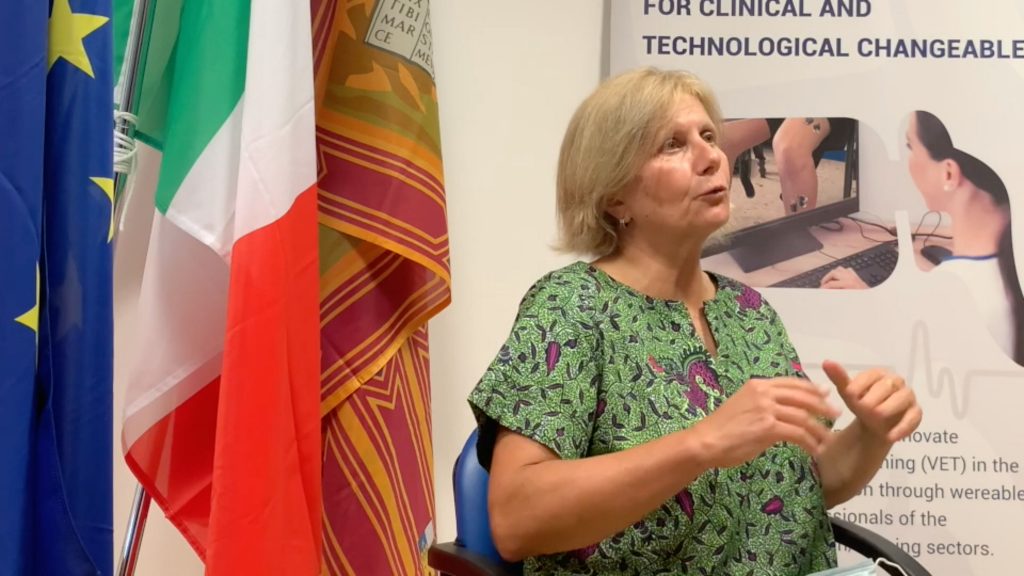
Dr. Alberto Visentin, president of the Lepido Rocco Foundation and Protocols researcher, offers a glimpse of technologies and future: “Digital natives will be more inclined to embrace this new type of approach, not to mention that these technologies will favor the possibility of acting remotely allowing a more efficient care, while providing future professional generations with a family environment that will guarantee not only the learning, but also the transfer of skills.”
